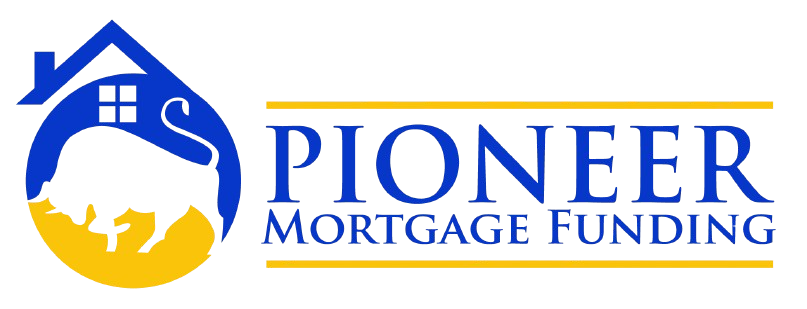
Getting a mortgage can be confusing. There are lots of terms you may not be familiar with and of course major decisions to be made. Basically, loans fall into two main categories: government and conventional. Government loans include FHA loans (Federal Housing Administration), VA loans (Department of Veterans Affairs) and USDA rural development (United States Department of Agriculture). All other mortgages are considered conventional.
When you go with conventional financing, the terms and conditions of your mortgage must meet the funding criteria of Fannie Mae and Freddie Mac, two government-sponsored enterprises established to secure mortgages in the form of mortgage-backed securities. These mortgages may be fixed-rate or adjustable-rate mortgages.
There are several benefits to having a conventional mortgage. Because individual lenders – not the federal government – set the fees and rates, conventional financing can often have both lower fees and rates. Additionally, the lender may allow borrowers to offer collateral other than the property mortgaged. This is a particular benefit to borrowers with limited access to credit.
For some, though, conventional financing may not be feasible. Conventional loans generally require larger down payments than government-backed loans, making it difficult for many borrowers who do not have enough money saved to spend out-of-pocket. Interest rates are also set by individual lenders and can exceed those of FHA and VA loans, both of which are government-backed. However, for the most part, rates for conventional loans and for FHA loans do not vary significantly, as they are both competing in the same market.
Additionally, if the loan has an LTV (loan-to-value) greater than 80 percent, a borrower is required to purchase Private Mortgage Insurance, which can be paid monthly. This is not insurance for you – the homebuyer. This is insurance for the lender in case of defaulting on your loan. Please note that once your LTV drops below 80, you will also be able to drop the PMI, making conventional financing attainable for more people.
With all of these factors to consider, it is not easy to decide which type of financing is right for you. One of our mortgage professionals can assist you in making this decision. A brief application will help determine what you are eligible for , and a full application will provide further details. Your loan officer will be able to review your options with you and show you how the costs break down compared with one another, allowing you to make an informed decision on your home loan.
